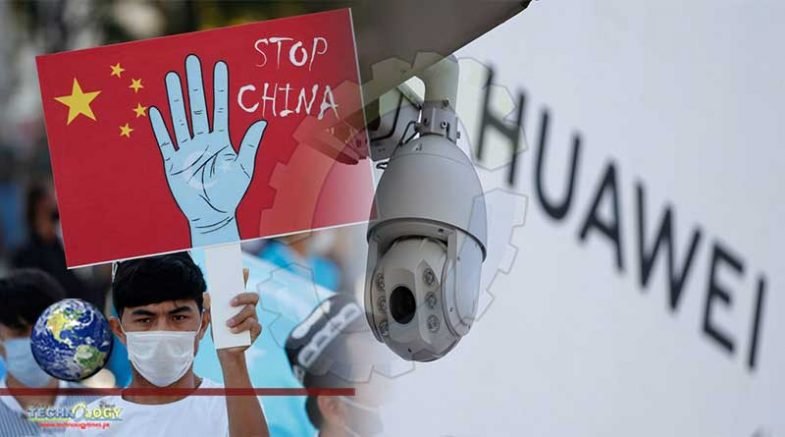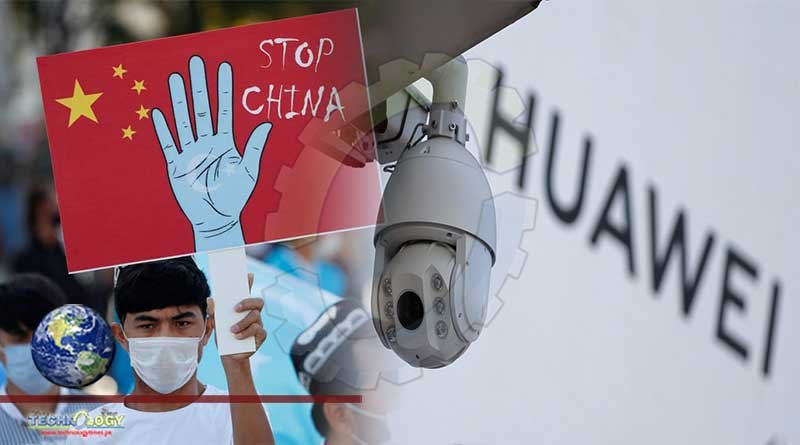Huawei has worked with at least four partner companies to develop surveillance technologies that claim to monitor people by ethnicity.

Huawei has worked with at least four partner companies to develop surveillance technologies that claim to monitor people by ethnicity, The Washington Post reported Saturday.
Huawei tested an AI-powered facial-recognition technology that could trigger a “Uighur alarm” for Chinese authorities when it identified a person from the persecuted minority group in 2018, The Washington Post reported last week.
At the time, Huawei spokesperson Glenn Schloss told The Post that the tool was “simply a test and it has not seen real-world application.”
But a new investigation published by The Post on Saturday found that Huawei has worked with dozens of security firms to build surveillance tools — and that products it developed in partnership with four of those companies claimed to be able to identify and monitor people based on their ethnicity.
Documents publicly available on Huawei’s website detailed the capabilities of those ethnicity tracking tools as well as more than 2,000 product collaborations, according to The Post. The publication also reported that after it contacted Huawei, the company took the website offline temporarily before restoring the site with only 38 products listed.
“Huawei opposes discrimination of all types, including the use of technology to carry out ethnic discrimination,” a Huawei spokesperson told Business Insider. “We provide general-purpose ICT [information and communication technology] products based on recognized industry standards.”
“We do not develop or sell systems that identify people by their ethnic group, and we do not condone the use of our technologies to discriminate against or oppress members of any community,” the spokesperson continued. “We take the allegations in the Washington Post’s article very seriously and are investigating the issues raised within.”
Huawei worked with Beijing Xintiandi Information Technology, DeepGlint, Bresee, and Maiyuesoft on products that made a variety of claims about estimating, tracking, and visualizing people’s ethnicities, as well as other Chinese tech companies on tools to suppress citizens’ complaints about wrongdoing by local government officials and analyze “voiceprint” data, according to The Post.
Beijing Xintiandi Information Technology, DeepGlint, Bresee, and Maiyuesoft could not be reached for comment.
Human rights groups, media reports, and other independent researchers have extensively documented China’s mass surveillance and detainment of as many as one million Uyghurs, Kazakhs, Kyrgyz, and other Muslim minority groups in internment camps, where reports allege they are subjected to torture, sexual abuse, and forced labor for little or no pay.
Originally published at BUSINESS INSIDER
